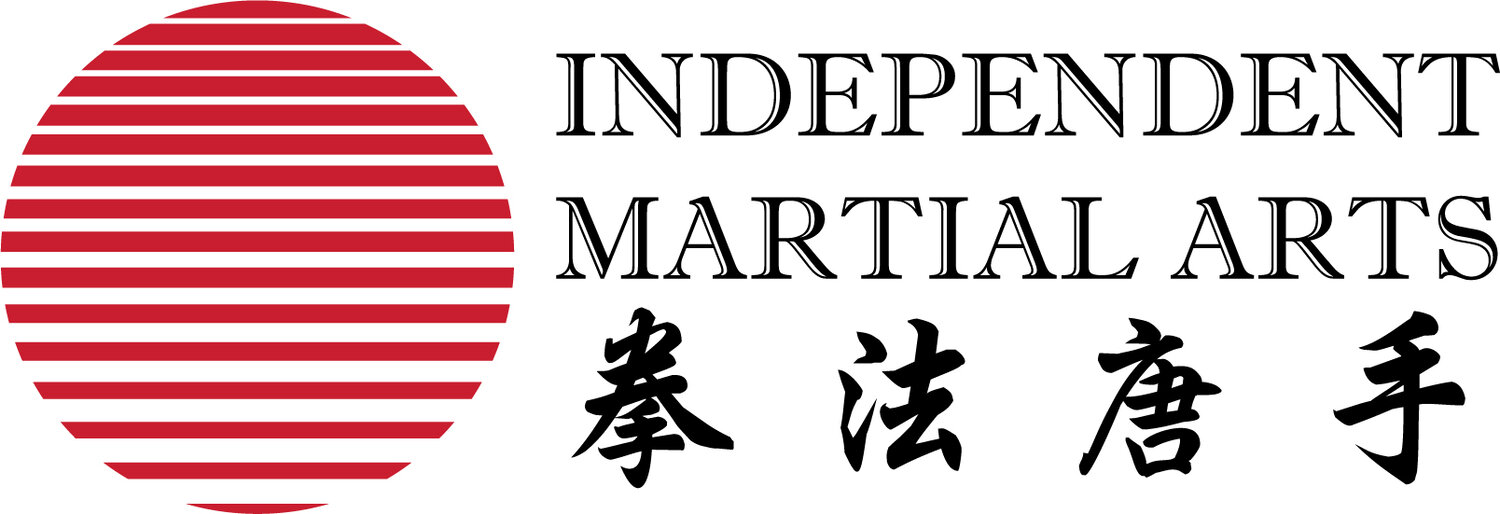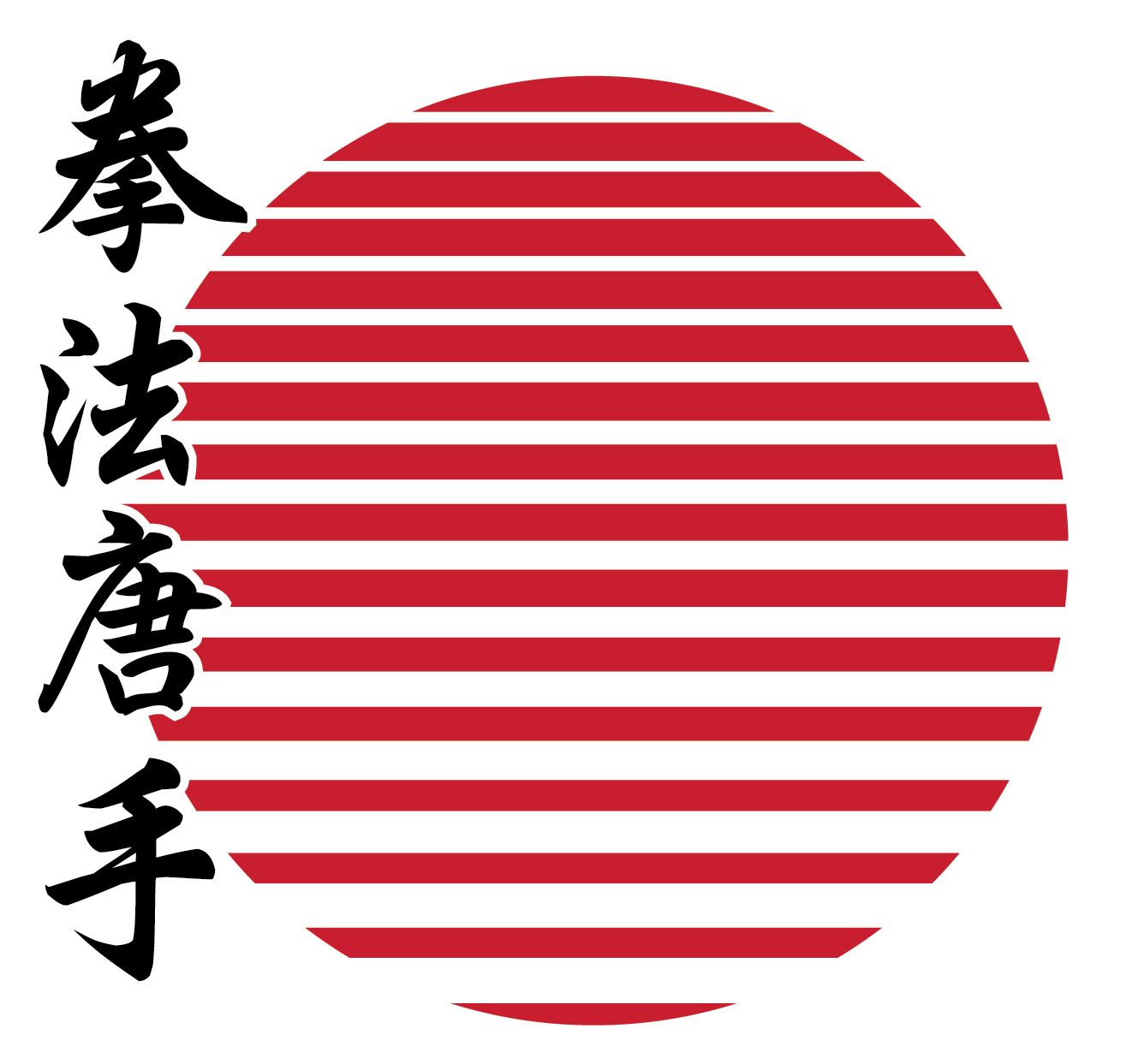Honor: Strength in Community
It’s difficult to talk about honor these days.
We frequently think of honor as something obsolete, a relic of a bygone era. Honor is the kind of thing that medieval European knights or Japanese samurai talked about, but to us in the modern world, the concept feels unwieldy, even quixotic. The demands imposed by chivalry, bushido, or whatever other archaic honor code all seem like bizarre, unenlightened practices to us.
And truth be told, that instinct isn’t without foundation. The modern world is better off without many of the practices that marked honor cultures, things like dueling or seeking revenge against one’s enemies.
However, we at the Independent Martial Arts School, as practitioners of an art with roots that stretch back thousands of years, know that not everything old is bad. We as martial artists know that honor is very important indeed, even in the modern world.
Of course, we at the IMAS would never condone a version of honor that demands the kind of barbarism alluded to above. So in the modern world, what do people of honor look like?
People of honor are deeply connected to the community in which they live. They contribute meaningfully to the life of that community, and they take pride in being a member of it. More than anything, they take the values of their community with the utmost seriousness. Nothing matters to them more than doing the right thing. They can’t be bribed, threatened, or bargained with. They listen to their conscience, informed by the values of their community, above all else. To give in to external pressure and do anything they believe to be wrong is the ultimate form of cowardice for people of honor. When they act in accordance with their community’s values, they bring honor to themselves and to their community. When they do the opposite, they bring dishonor upon themselves and their community. In the end, honor is about sticking to the values of your community, even if it would be easier not to.
As many of you know, our art, kenpo, was founded in Hawaii in the 1940’s. In some kenpo schools, the Hawaiian word “ohana,” meaning “family,” is used to refer to the members of the school as a collective. As a student of the IMAS, you are not simply a customer of our business. You are a member of our Ohana, and our Ohana lives by a code. The purpose of this series of blog posts is to make that code more explicit, but even if you can’t articulate it, you probably already know what that code looks like based on the behavior of your instructors
Your membership in the Ohana doesn’t expire when you leave the dojo. The IMAS is not a place you go to a few times a week; it is an identity you carry everywhere. Learn to carry it proudly and with distinction, to represent our way like a candle in the darkness, and you will have learned everything you need to know about honor.
Written by Tim Philbin


